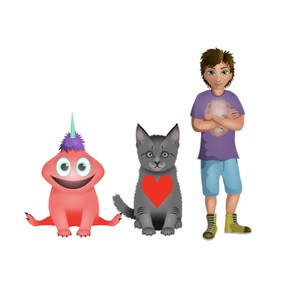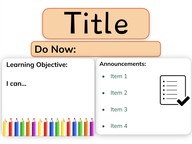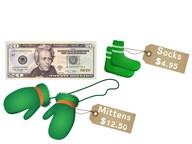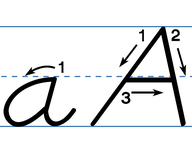
Introduce a narrator and/or characters to your story
I can introduce a narrator and characters in my own story.



8,000 schools use Gynzy
92,000 teachers use Gynzy
1,600,000 students use Gynzy
General
In this lesson, students learn about different effective ways to begin their stories. They will be able to distinguish between characters and non-characters, and they will understand the role of the narrator and the main character in a story. Students then use this knowledge to practice writing their own story introductions using the graphic organizer and printable worksheet included.
Standards
CCSS.ELA-Literacy.W.3.3a
Learning Objective
Students will be able to establish a situation and introduce a narrator and/or characters to their narrative writing pieces.
Introduction
Begin the lesson by reviewing the role of the author, the narrator, and the characters in a story. Explain that the narrator can also be a character in the story, though this is not always the case. You might have students discuss a story or book they’ve read in class. Was the narrator also a character in the story?
Instruction
First, describe what characters are in a story. They can include people, animals, creatures, and things that think, feel, and act. Have students drag the images to determine if they are characters or not. After this, read the passage and discuss the main character and the secondary characters. Next, students will read from Lewis Carroll’s “Alice in Wonderland” and practice analyzing the main character. Share some ideas for story introductions like describing the setting and asking a question.
Quiz
Students respond to 10 questions in which they review the key ideas taught during the lesson.
Closing
Students will follow the steps presented on the board to write their own story introductions. There is a printable worksheet included for this activity in which students can plan and start their stories.
The online teaching platform for interactive whiteboards and displays in schools
Save time building lessons
Manage the classroom more efficiently
Increase student engagement
Discover more!
About Gynzy
Gynzy is an online teaching platform for interactive whiteboards and displays in schools.
With a focus on elementary education, Gynzy’s Whiteboard, digital tools, and activities make it easy for teachers to save time building lessons, increase student engagement, and make classroom management more efficient.



